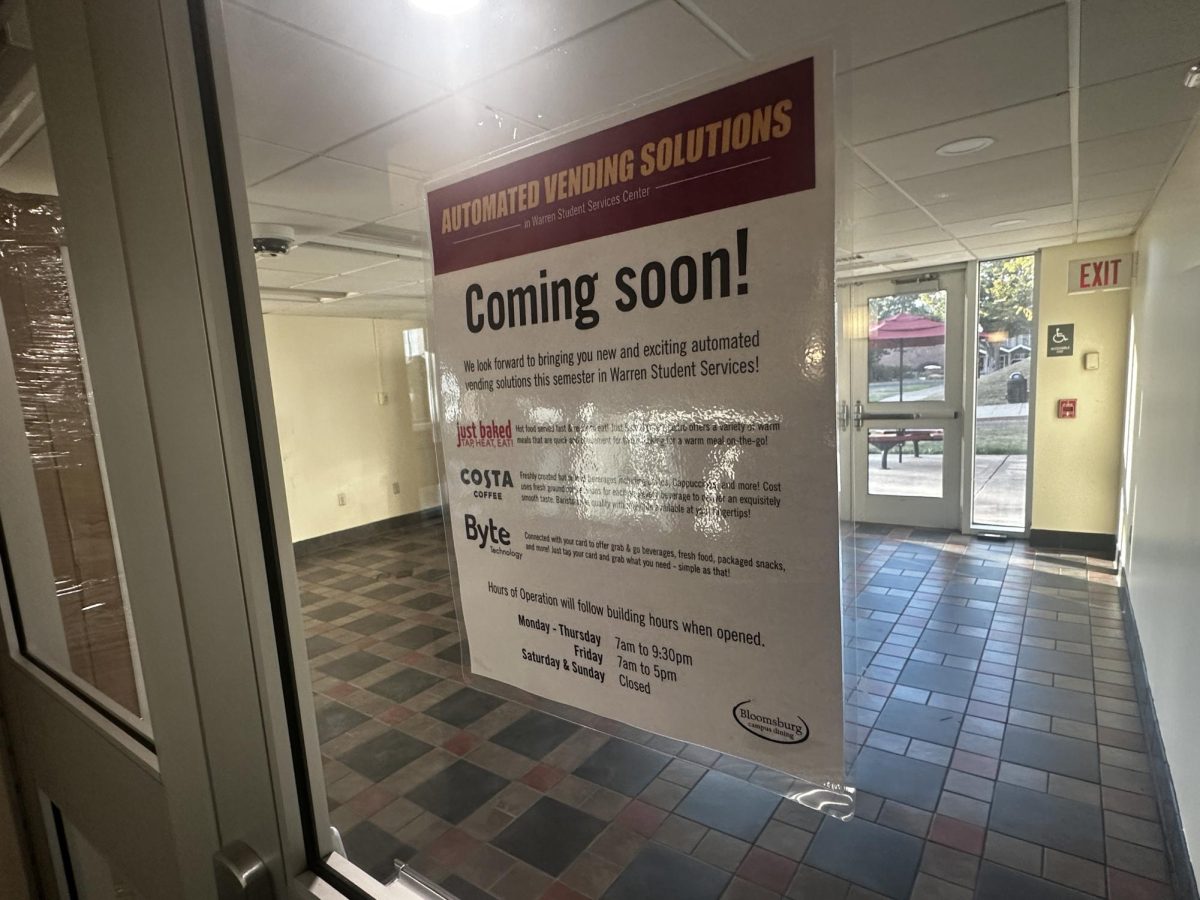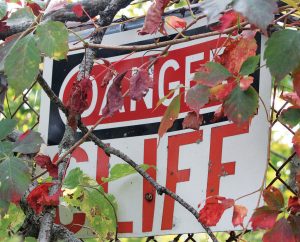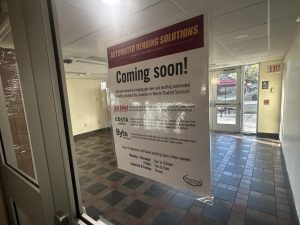First Week of Classes Move Online
January 5, 2022
Students will be back to online classes only – at least for the first week of the semester.
Bloomsburg University announced the move to online learning for the first week of the semester in wake of the Omicron variant.
Classes will be delivered online to students from January 24-28th.
The announcement came from an email sent to BU students from Bloomsburg University President Bashar Hanna.
Students are expected to continue in-person classes starting on January 31st, according to the email.
The move to online allows time for “robust testing protocol and staggered move-in schedule for residential students returning to campus.”
Students are expected to receive communication from Student Success and Campus Life with more detailed testing instructions later this week, as stated in the email.
The Voice will be continuing to update this story as further details come out.

























Wendy Lynne Lee • Jan 6, 2022 at 9:27 AM
A few observations:
1. It cannot be stressed enough that the BU Covid-19 Counter is a woeful under-representation of actual cases of the virus on the BU Campus. While the evidence is anecdotal, many faculty (if not nearly all) had students testing positive, in quarantine (or flouting quarantine), that far exceeded the reported numbers. Indeed, some of us had more students in quarantine on a given day than BU reported the entire week. Because of HIPPA laws, we also do not know who among our students may be infected without notifying us. We have to assume that there is some number of these students who–precisely because they want to avoid quarantine–do not inform us. This problem may become particularly acute given the highly infectious spread of Omicron.
2. That testing at the BU Health Center is confined to two hours per day helps to insure minimal testing. For students with a class conflict, this meant NO test, at least on that day–while the student may be infectious. Some students routinely came to class with early symptoms of Covid infection–and this generated outbreaks in many classes including my own that went under/unreported. That there is no testing on the campus on weekends only ads to a dilemma that was for many of us more disruptive than had we been teaching online for the entire term.
3. There exists NO metric whatsoever for BU to determine whether going back to in-person class after only one week online is safe. For the record, I regard this as obscenely irresponsible. This calculation is almost certainly premised on BU’s efforts to make sure students return to campus–in other words, by REVENUE concerns–it cannot be an interest in the health of campus members because there is no criteria for making that judgment. BU administration is apparently worried that any length of time more than this might discourage the return of students to campus.
4. While BU is encouraging students off-campus to pre-test–there is no enforcement mechanism. This is critically important for at least two reasons: (1) Students who would pre-test may very well not be able to get tested because of the paucity of available test kits. President Hanna doesn’t say anything in his note about test-availability on-campus–but we know that last semester it was very limited. (2) There is no requirement–hence many will not test. They’ll enter campus untested, go out to venues in the town untested.
5. President Hanna’s note implies that we will return on 1.31–so classes will return to NO social distancing. The suggestion the president makes concerning seating charts is truly ludicrous. (a) I, as a faculty member, have no way whatsoever to enforce a seating assignment. What am I to so–manhandle an unwilling student into her/his assigned seat? (b) a seating chart makes no difference whatever in a classroom where the seating distance between students is less than three measurable feet–as it is in mine, and many many others. Crowding makes the seating chart irrelevant. This is BU’s attempt at appearing to be proactive concerning Covid without actually have to institute policies that ARE proactive.
6. President Hanna claims that BU will continue the mask-indoors policy, but the policy has no enforcement mechanism. If a student refuses, and refuses the offer of a mask, a professor is not permitted to eject that student from class for that day. Hence, the potentially infected student is permitted to remain in a class of, say, 35 students with no social distancing and poor ventilation potentially infecting every class member. A policy with no enforcement mechanism is no more than a polite request.
7. A staggered move-in schedule with no enforced masking policy, and no enforced social distancing is little more than window-dressing–once again, BU wants to promote the appearance of concern without any of the substance.
8. Here are the facts: Omicron appears to be less lethal for healthy, vaccinated, and boosted persons. But it is at least 3 times more transmissible than Delta–which was more transmissible than its predecessors. No evidence as of yet suggests that Omicron is necessarily less lethal for the immune compromised, folks with cancer, heart disease, morbid obesity, etc.– Pennsylvania is setting daily records for cases.. Jan. 4, 2022: 28,000 cases. For information detailing positivity, vaccination, and case count in 17815/Columbia County , please see : https://www.health.pa.gov/topics/disease/coronavirus/Pages/Cases.aspx.
Upshot: if BU cared about the health and welfare of its students, faculty, and staff, it would have required proof of vaccination beginning in the Fall 2021 term. The standard excuse–that the PA Attorney General wouldn’t allow this requirement, doesn’t cut it because political/economic expediency does not trump a moral necessity. The proof of what happens is abundantly clear by now: we have a new variant of Covid-19 because of poor rates of vaccination that permits the virus to spread which, in turn, invites it to mutate, which produces new variants. BU is complicit in the rise and spread of new variants for two reasons: its minimalist, revenue driven approach to mitigation, and its deliberate underrepresentation of the facts about cases on the BU campus–leading folks to believe that things are OK when they manifestly are not OK.
Wendy Lynne Lee, Professor
Department of Philosophy
[email protected]